
Running for the Mountains(2024)
RUNNING FOR THE MOUNTAINS digs into West Virginia's history of 'patriotic sacrifice,' unearthing veins of dark money and dirty politics. The film tracks grassroots candidates and ordinary citizens' attempts to save their land, water, homes, and communities - calling out the pro-extraction politicians enabling destruction, including Senator Joe Manchin and his likely replacement, coal baron Governor Jim Justice. Appalachia is the proverbial canary in a coal mine; pay attention or pay the price.
Movie: Running for the Mountains
Similar Movies
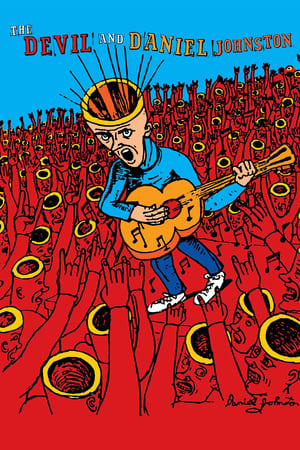 7.7
7.7The Devil and Daniel Johnston(en)
This 2005 documentary film chronicles the life of Daniel Johnston, a manic-depressive genius singer/songwriter/artist, from childhood up to the present, with an emphasis on his mental illness and how it manifested itself in demonic self-obsession.
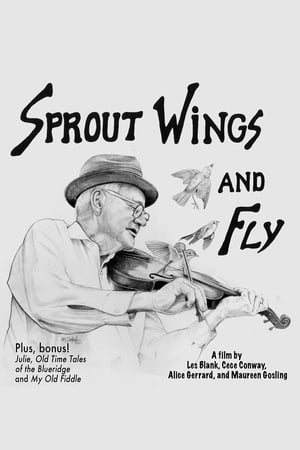 5.9
5.9Sprout Wings and Fly(en)
Set in the North Carolina Appalachians, Sprout Wings and Fly honors the fiddle playing of 82-year-old Tommy Jarrell of Toast, NC. Tommy was quirky, gregarious and generous, and this film shows him at his best, in fine fiddling form.
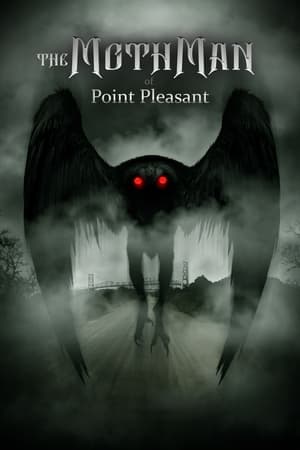 5.7
5.7The Mothman of Point Pleasant(en)
Learn the terrifying, true story about thirteen months that changed history! In November of 1966 a car full of kids encountered a creature unlike anything they'd ever seen before. In the weeks and months to follow, the monster – now known as The Mothman – was sighted again and again on country roads and around the state of West Virginia.
The Children Must Learn(en)
Documentary profiling an Appalachian farming family struggling to scrape out a living. Linking education and economic development, The Children Must Learn suggests that better schooling, especially in agricultural techniques, would bring improvement.
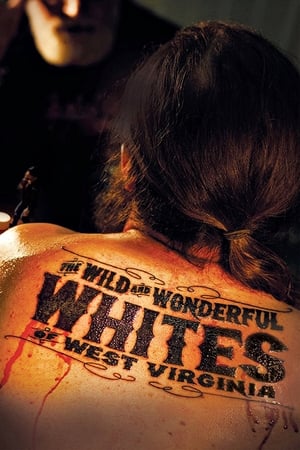 6.7
6.7The Wild and Wonderful Whites of West Virginia(en)
Produced by Johnny Knoxville and Jeff Tremaine for MTV and Dickhouse Productions, The Wild and Wonderful Whites of West Virginia is a documentary about the renowned West Virginia outlaw Jesco White and his eccentric backwoods family. In addition to getting in trouble with the law, the Whites, who live deep within Appalachia, uphold a time-honored dancing style, even as they contend with poverty, drugs and other issues. Alternately humorous and sad, the movie is an unflinching look at life on the criminal margins of rural mountain culture.
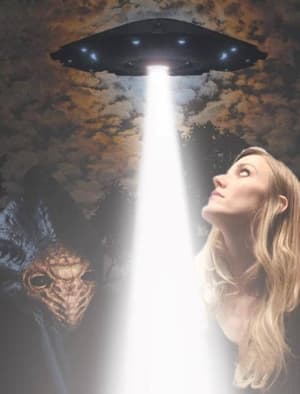 5.0
5.0FLATWOODS(en)
A documentary filmmaker uncovers an alien conspiracy in Flatwoods, West Virginia.
 7.5
7.5King Coal(en)
The cultural roots of coal continue to permeate the rituals of daily life in Appalachia even as its economic power wanes. The journey of a coal miner’s daughter exploring the region’s dreams and myths, untangling the pain and beauty, as her community sits on the brink of massive change.
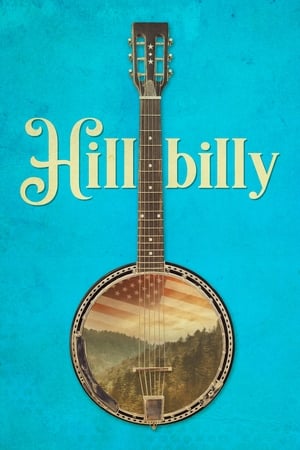 7.0
7.0Hillbilly(en)
A documentary that examines the cultural stereotype of the people of Appalachia and how that has affected America's relationship with its rural communities.
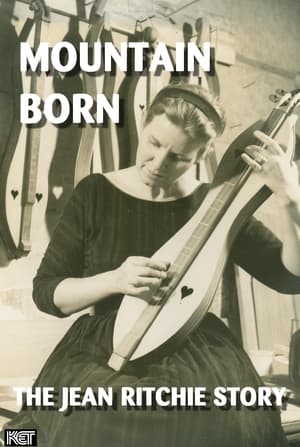 0.0
0.0Mountain Born: The Jean Ritchie Story(en)
Chronicles the 50-year career of singer/songwriter Jean Ritchie, from Viper, Kentucky to the New York stage. Pete Seeger, Arlo Guthrie, and her family and friends in Eastern Kentucky are among those interviewed. A 1996 KET production.
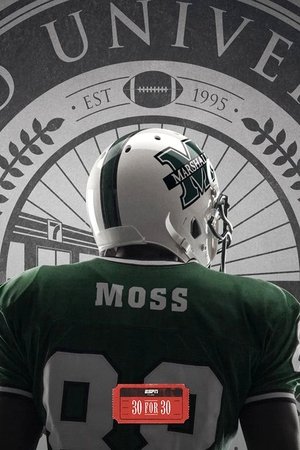 7.2
7.2Rand University(en)
Randy Moss has long been an enigma known for his brilliance on the football field and his problems off it. Sometimes there's even been an intersection of those two qualities. "Rand University" gets to that crossing by going back to where he came from - Rand, West Virginia - and exploring what almost derailed him before he ever became nationally known for his extraordinary abilities as a wide receiver.
 0.0
0.0Mountain Talk(en)
Mountain dialect, culture and identity are revealed by the true experts on Southern Appalachian culture--the people whose families have lived there for generations.
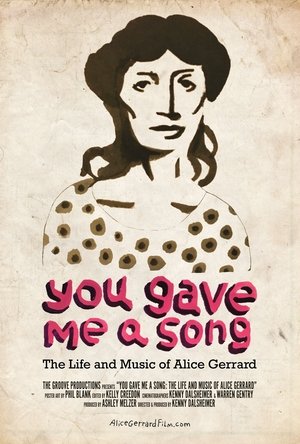 10.0
10.0You Gave Me A Song: The Life and Music of Alice Gerrard(en)
You Gave Me A Song offers an intimate portrait of old-time music pioneer Alice Gerrard and her remarkable, unpredictable journey creating and preserving traditional music. The film follows eighty-four year old Gerrard over several years, weaving together verité footage of living room rehearsals, recording sessions, songwriting, archival work, and performances with photos and rare field recordings. Much of the film is told in Alice’s voice and via interviews with musical collaborators and family members who share the story of Alice and others chasing that high lonesome sound.
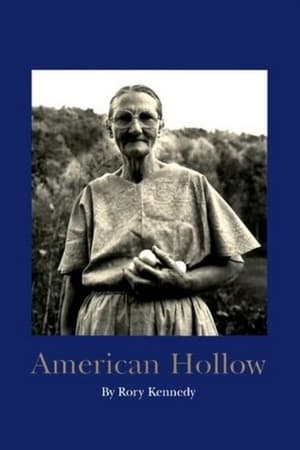 6.3
6.3American Hollow(en)
This documentary follows the lives of the Bowling family as they fight to survive in dirt-poor Appalachia. Matriarch Iree has given birth to 13 children, but only two have left to seek better lives in Ohio while the rest have married and started their own impoverished families near home. Uneducated and unskilled, all are unemployed, and domestic violence and alcoholism pose serious problems. The filmmakers explore the family's relationships through interviews and footage of their daily lives.
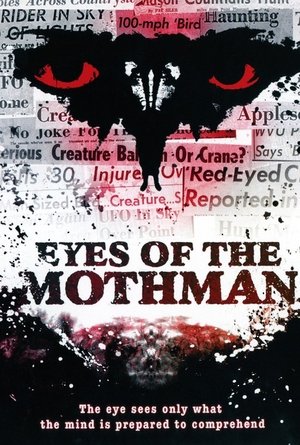 4.2
4.2Eyes of the Mothman(en)
In 1966 West Virginia, four friends encounter a tall, winged creature in the woods surrounding an abandoned dynamite factory.
Catfish: Man of the Woods(en)
1974 documentary about Clarence Frederick "Catfish" Gray a herbalist and folk doctor in West Virginia.
Stranger with a Camera(en)
In 1967 Canadian filmmaker Hugh O'Connor came with a crew to eastern Kentucky to make a film showing people from all walks of life in the United States. They finished the day by filming coal miners and their families in rental houses. As the filmmakers were leaving, Hobart Ison, the owner of the property, drove up and fired three shots, killing Hugh O'Connor. Elizabeth Barrett, from Kentucky herself, explores why this happened by trying to understand the people and culture of eastern Kentucky.
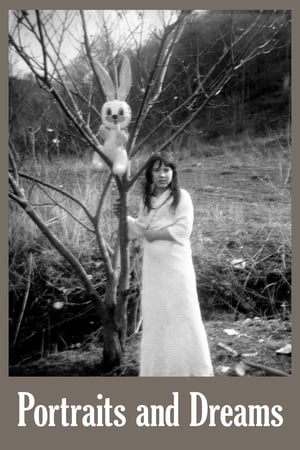 6.0
6.0Portraits and Dreams(en)
Revisit photographs created by Kentucky school children in the 1970s and the place where their photos were made. Photographer and artist Wendy Ewald, who guided the students in making their visionary photographs, returns to Kentucky and learns how the lives and visions of her former students have changed.
The Quiet Zone(en)
For those who electrical sensitivity, there aren’t many places to seek refuge. In a remote part of West Virginia, the so-called National Radio Quiet Zone offers one such escape.
Scenes from the Blackjewel Miners Blockade(en)
In July of 2019 the Blackjewel coal company announced it was declaring bankruptcy. Miners were told to stop working mid shift, and their last paychecks bounced. The miners retaliated by blocking a train full of coal, camping out on the coal tracks for weeks. Queer regional organizers made their way to the encampment to support the miners. The encampment became a place for community gathering and mutual aid distribution. Sarah Moyer, a film maker living in Kentucky, also made their way to the encampment and filmed this short documentary on the blockade. (Summary from Queer Appalachia)
No Such Right: The End of Roe in Appalachia(en)
“No Such Right” is a snapshot of a region in crisis. In the aftermath of the stunning Dobbs v Jackson decision, doctors, lawyers, activists, and young people across Appalachia had to come to terms with what the future of their region and their rights would be. ‘No Such Right’ is our search for answers, highlighting the voices of those impacted by Dobbs and their efforts to reckon with and remedy these issues. This story is a single piece of a much larger national narrative, but it is a story that few others are in a place to tell.


